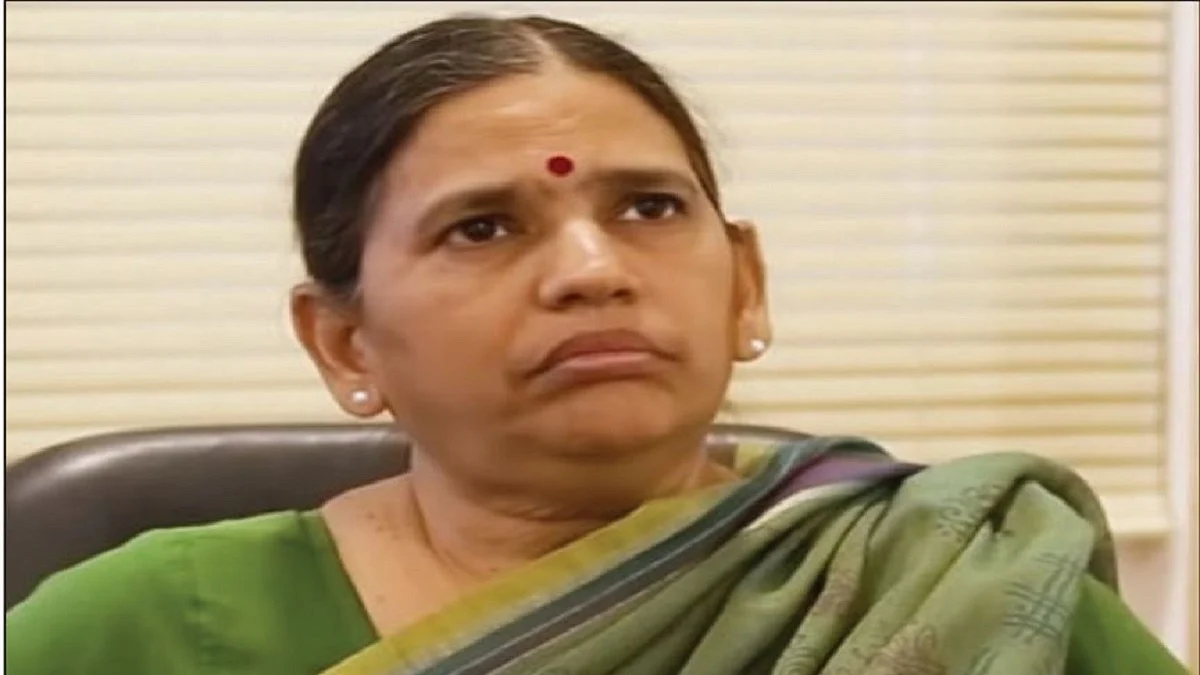Sudha Bharadwaj: The lawyer for poor and labourers
She was a lawyer for the poor, a thorn in the side of big industry. Is that the reason why she has been implicated?

The noted human rights lawyer was born in Massachusetts in the United States but gave up her US citizenship at the age of 18 and returned to India. She studied at IIT-Kanpur and horrified at the condition of labourers in UP, Bihar and West Bengal, she decided to work for them and joined the Chhattisgarh Liberation Front in 1986 when it was still a part of Madhya Pradesh.
In an interview to Mint in 2015, she said,”Here is a state rich in resources. It has water, forests and land in abundance, but its people are so poor. The state is witnessing disproportionate growth and there is no equitable distribution of benefits to everyone. If I am fighting for the marginalized communities, I have no choice but to fight against those oppressing them—from corrupt politicians and forest departments to companies not giving proper wages and safety to workers.”
After living and working in Bilaspur for several years, Sudha Bhardwaj moved to Delhi and was a Visiting Professor at National Law University Delhi, where she taught a course on tribal rights and land acquisition, and on law and poverty. As part of the programme of the Delhi Judicial Academy, she addressed presiding officers of labour courts from Sri Lanka.
Her early days were spent in JNU along with her mother, renowned academician Krishna Bharadwaj, who was a professor of Economics. She had closely witnessed the vibrant student political movements at JNU. However, she was radically politicised at IIT, Kanpur where she later went on to pursue Mathematics. She was actively involved in political activities on campus. She experienced exclusion as a woman in a largely male-dominated campus and also as an alleged “commie”. She became a part of the NSS and was keen on teaching. Her repeated rural visits through NSS exposed her to the harsh realities of caste and rural India.
After her MS in Mathematics, she decided to move to Chattisgarh and started working with mine workers. She started organising under the banner of the trade union, ‘Chhattisgarh Mukti Morcha’. She worked very closely with Shankar Guha Niyogi and organised women under the ‘Mahila Mukti Morcha’, the union’s women’s wing.
Being the only ‘educated’ or literate person among workers in Bhilai, she had to approach lawyers every time. In 2000, she completed her law degree and started representing workers herself. She set up the group Janhit, to fight for people displaced by land acquisition, for community forest rights, environmental protection and so on.
She had famously said, “There are two kinds of law, one kind of law which we have struggled to create, to represent our aspirations, like the labour law, forest rights law… they were in response to the push which came from below…But there is another kind of law, which is the status quo law which is to preserve law and order.”
She has been made an accused in the ‘mysterious’ Bhima Koregaon conspiracy and has been in prison without trial and bail.
Follow us on: Facebook, Twitter, Google News, Instagram
Join our official telegram channel (@nationalherald) and stay updated with the latest headlines
